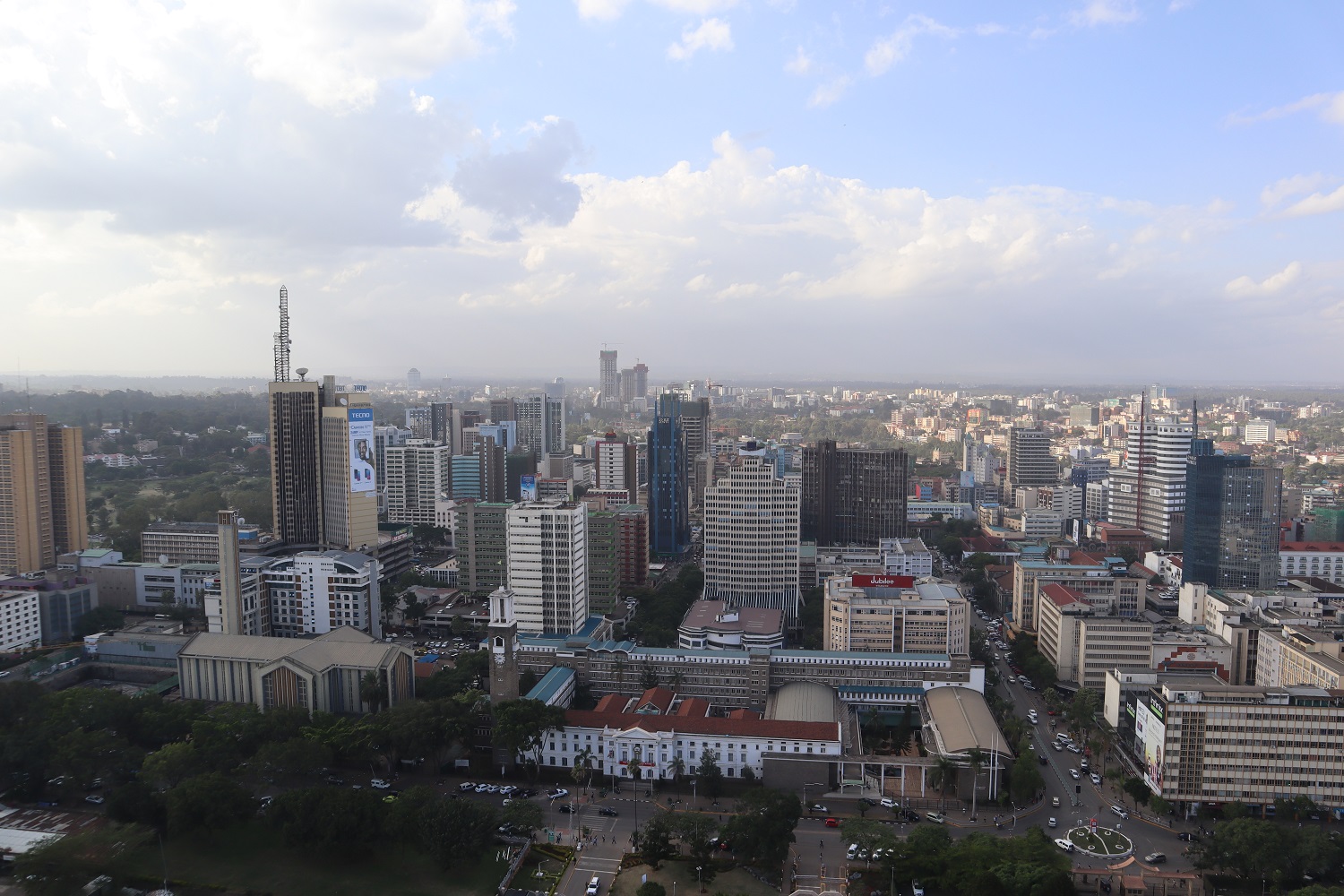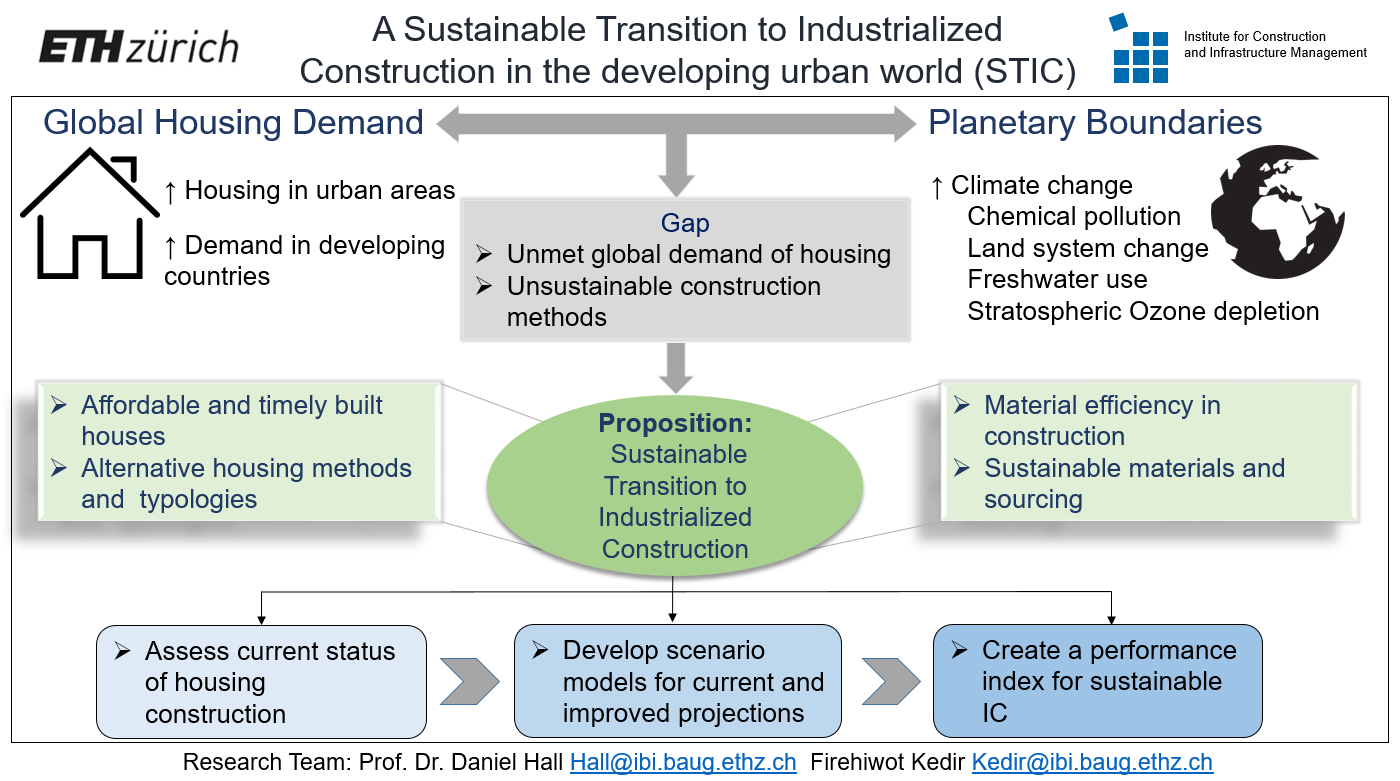In particular, developing countries will feel the greatest impact of urban grown. In the next decade emerging markets can anticipate a construction growth rate estimated at 65%*. However, the construction of housing and its associated infrastructure using current processes and materials will significantly deplete global resources. The construction industry is the largest global consumer of material resources consuming roughly 40% of all global resources. The industry also accounts for 25 - 40% of global carbon emissions.
In developed economies, the construction industry is notoriously poor at resource management. For example, in the United States, 50 million tons of new and virgin construction materials – the equivalent of roughly 50 Boeing 747 jumbo jets - are discarded into landfills. These are wasted materials from the process of construction, waste that is not even part of an actual building.
We have to do better. Without rethinking existing methods and systems of construction, the building of future urban cities in developing markets will accelerate our world past acceptable thresholds of resource usage.
Fortunately, industrialized construction (IC) is emerging as an alternative method to design, produce, and build structures more efficiently. IC is a rapidly emerging offsite movement that should not be confused with a prefabrication strategy. IC firms define themselves through an integrated organizational strategy with developed technical platforms, long-term relationships with strategic partners, an integrated supply chain, design for manufacturing and assembly principles, and, finally, a product-manufacturing mindset.
In my research and discussions with industry, I see hopeful examples of how IC can make a meaningful and significant difference for global housing. Nevertheless, the full environmental, societal, and political implications of industrialized construction in developing economies are not yet clear. This is an important research topic at ETH Zurich’s Chair of Innovative and Industrial Construction. With funding support from the Global Research Challenge at ARUP, we have undertaken work on a Sustainable Transition to Industrialized Construction for Developing Economies. Our aim is to bridge the existing tension between urban housing demand and our limited planetary resources through the application of industrialized construction. You can read more about the ongoing project here.



